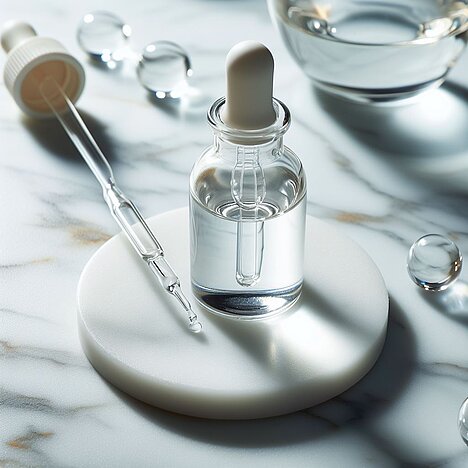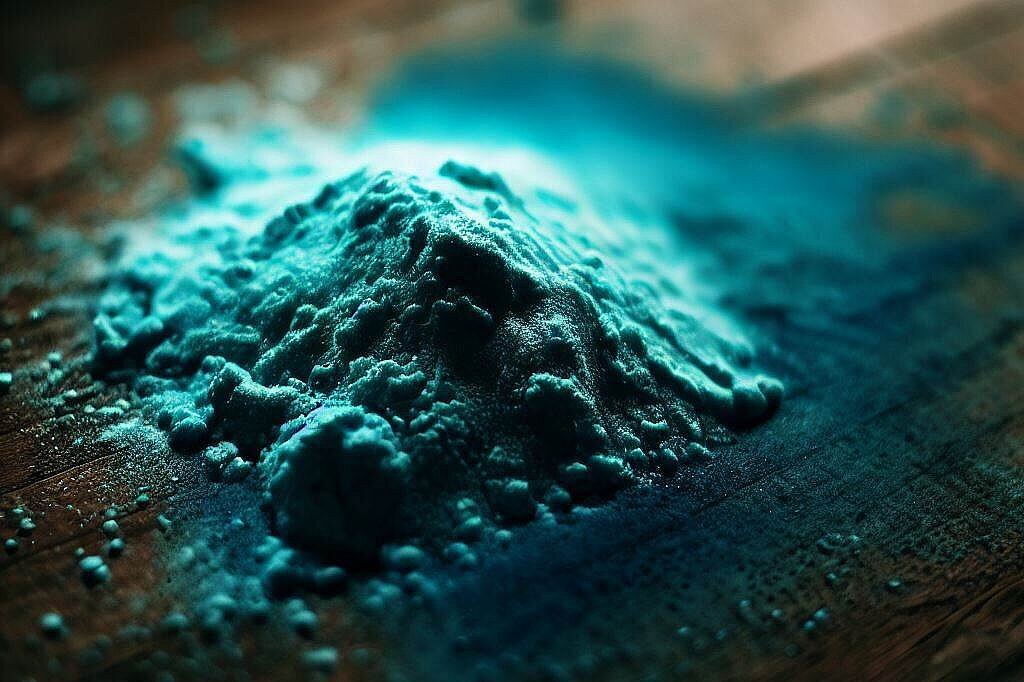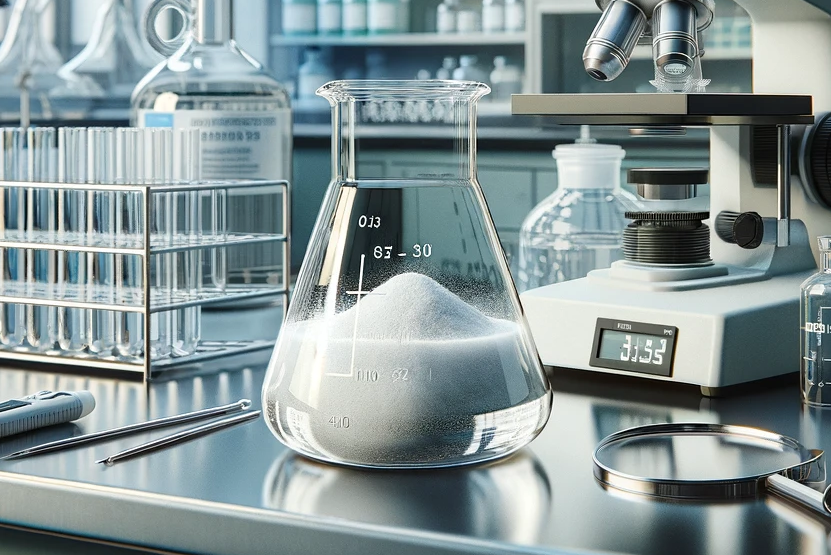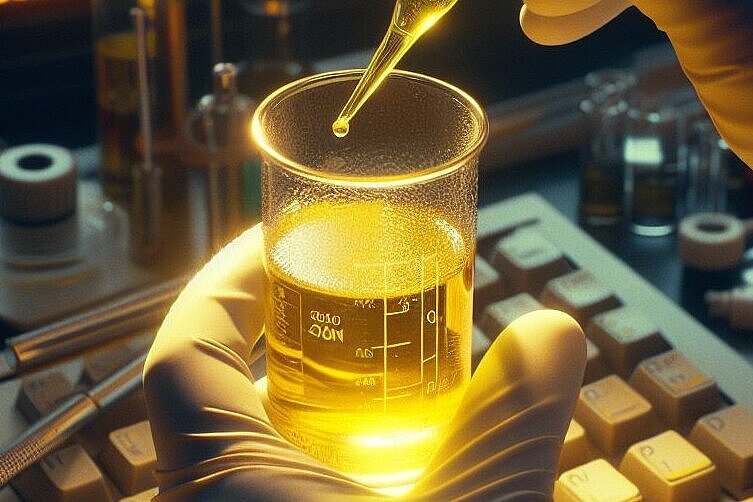Sodium hypochlorite

What is sodium hypochlorite?
Sodiumhypochlorite (NaClO) is a chemical compound of sodium, oxygen and chlorine. It is formed when chlorine is introduced into a sodium hydroxide solution. The resulting liquid, often referred to as bleach liquor, has strong oxidizing properties, making it an effective bleaching agent and disinfectant.
The benefits: A shield against microbes
Hygiene and cleanliness
Sodium hypochlorite plays a crucial role in the elimination of bacteria, viruses and other pathogens. It is an indispensable tool for dog owners who value a germ-free environment. It is often used to clean surfaces where the dog spends time, including floors, dog beds and toys.
Disease prevention
The disinfectant properties of sodium hypochlorite can help prevent the spread of disease. This is especially important in households with multiple pets or in areas where infectious diseases such as parvovirus are common.
The disadvantages: Potential dangers lurk
Health risks
Despite its usefulness, sodium hypochlorite comes with risks, especially when it comes to the health of our dogs. Inhalation of vapors can cause respiratory irritation, and contact with the skin or eyes can cause irritation or even chemical burns. Ingestion, even in small quantities, can lead to severe digestive disorders.
Chemical reactions
Sodium hypochlorite reacts violently with many other chemicals, which can release hazardous vapors or other reactive products. Its use in households where dogs live therefore requires special care to avoid accidents.
Practical application tips
If you want to use sodium hypochlorite in your household, follow these tips to ensure your dog's safety:
- Dilution: always use a diluted solution to minimize the risks.
- Ventilation: Ensure good ventilation during and after application to avoid inhalation of vapors.
- Drying: Make sure treated areas are completely dry before your dog has access to them again.
- Storage: Keep sodium hypochlorite out of reach of pets.
A double-edged sword
Sodium hypochlorite is undoubtedly a powerful tool in the fight against germs and pathogens. However, as with any powerful tool, it is important to use it wisely and with caution. Your dog's health and well-being should always come first. By following the guidelines above, you can reap the benefits of sodium hypochlorite without exposing your four-legged friend to unnecessary risks. Ultimately, the decision is up to you to use this chemical responsibly to create a safe and healthy environment for your faithful companion.
If you notice any signs of hypersensitivity or poisoning in your dog, you should see your vet immediately. We are not a substitute for a vet, but we try to be as accurate as possible. Every dog reacts differently and we recommend you get a second opinion or consult your vet if in doubt.
Stay healthy and take good care of your four-legged friend!😊
Similar to Sodium hypochlorite
Chlorine can have some benefits for dogs when it is present or applied in small amounts. For example Chlorine can help clean and disinfect wounds. If your dog has injured himself, you can dab some...
Calcium hypochlorite (Ca(ClO)_2) is a chemical compound that is primarily used as a bleaching agent and disinfectant. It is a white powder that forms strongly chlorinated solutions in water, which...
Chlorine dioxide (ClO₂) is a yellowish gas with a characteristic, chlorine-like odor. It is known for its strong antimicrobial effect and is therefore used in various areas such as water treatment,...
Bromine chloride, also known chemically as bromine chloride vapor, is an inorganic compound consisting of the elements bromine and chlorine. In industry, bromine chloride is used in various chemical...



